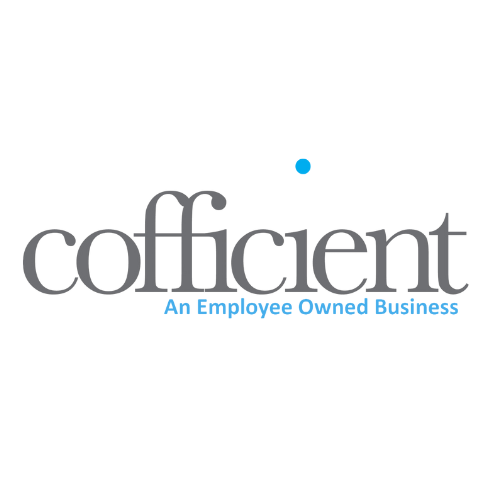
Revenue Recognition: Four Secrets to Telling Your “Money Story”
Revenue Recognition
Your company’s Money Story, the tale of how revenue is generated, cash flows managed, and the financial viability of the organisation today and into the future, is one of the most challenging areas for CFOs and controllers in the software industry.
Despite variances in size of company and stage of growth, there are common strategies that industry veterans have used to not only accurately and efficiently recognise revenue but ensure they are able to articulate their money story with accuracy and ease. These are the four secrets of forward looking CFOs and controllers who have ensured the finance organisation is a growth enabler for the business.
1. The Entire Order-to-Cash Process Matters
The first thing these finance leaders will tell you is that revenue recognition is one piece, albeit an important piece, of the order-to-cash process which encompasses order management, fulfillment, billing/invoicing, recognising revenue, renewals and collections. Contracts with your customers dictate your ability to recognise revenue. How orders are processed dictates your ability to recognise revenue. How renewals are processed dictates your ability to recognise revenue. And so on at every point of the order-to-cash process. Initially, high growth tech companies realised that automating this process was a way to free up finance resources to focus on higher value tasks, but the real winners have taken it one step further. They leverage this automation, and the rich data they are capturing at every step in the order to cash process, to model their revenue forecast in real-time and gain an advantage in corporate planning. As a result, they can more accurately forecast, evaluate organic and inorganic growth opportunities, and respond rapidly to changes and opportunities as they arise in the market.
2. Understand Your Professional Services Revenue Streams
Companies that provide enterprise software and cloud solutions have an additional revenue stream to account for – professional services. The ability to recognise revenue depends on how the engagement was sold – the more variability in contract terms (milestone, percent complete, T&M, etc.), the more complex revenue recognition becomes. The services revenue stream is highly variable, and the terms of the service agreement outline the delivery of services which dictates when revenue can be recognised. Looking at one PS engagement, if there is a delay in delivery of services then that has implications for revenue recognition. As the number of PS engagements grow, and the complexity of those engagement grows, it becomes critical to apply the same level of diligence to this revenue stream, even if it is less than 30 percent of the business. CFOs who deeply understand the drivers and the levers in company’s services business, working with Controllers who include professional services in the end-to-end order to cash automation are much better positioned to tell their money story.
3. Be Mindful of the Changing Regulatory Landscape
Of course there are rules and conditions that govern when revenue can be recognised, and over time these rules are modified. We are currently in a revenue accounting change cycle the likes of which have not been seen in decades. This change is well on the horizon and will impact some companies earlier than others. But the common themes that emerged in discussions with CFOs and Controllers on this topic are 1) they are evaluating these changes and ensuring they understand the potential impacts on the business, 2) conversations with their auditors are already taking place, and 3) how important it is to have confidence that the entire organisation, not just finance, can adjust to regulatory changes such as these.
4. Modern Financial Systems Provide a Strategic Advantage
The final characteristic that forward thinking finance leaders shared was an appreciation for (and really an insistence on) leveraging technology to elevate the business through use of a modern, cloud-based financial system of record. A financial system that supports the philosophies outlined above and positions the company to scale rapidly, make informed business decisions quickly, and support business model innovation. As many of these CFOs advised, it’s not about having a system that will do the job for you now or over the next year or two, but having a system that’s going to allow you to achieve your five-year and 10-year plan. Well said.
The CFO’s No. 1 job is telling the company’s money story, and the Controller plays a critical role accurately depicting the revenue component of that story. Use the advice above to ensure you’re able to tell yours.
To talk to someone about your money story get in touch.



